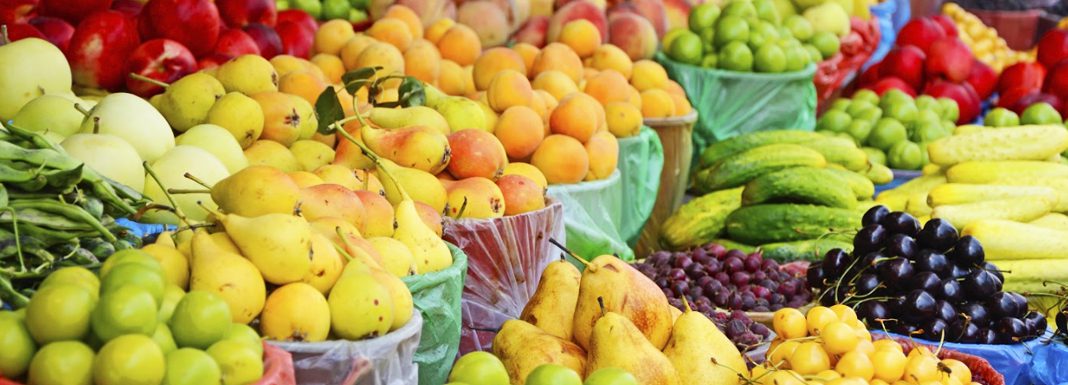When germs invade your body, your immune system sends out cells and proteins to kill the invading germs. Your immune system responds with exactly the same cells and proteins in the same way when cells in your body are injured, to remove damaged tissue and start the healing process. As soon as the germs are conquered, or tissues heal, your immune system should stop sending out huge amounts of these cells and proteins. However, if your immune system stays overactive, you develop inflammation in which these same cells and proteins attack and damage your own cells. Chronic inflammation damages healthy tissues in the body to cause many diseases and chronic health problems.
Some foods (“pro-inflammatory”) turn on your immune system to cause these cells and proteins to attack and damage your own normal cells, while other foods (“anti-inflammatory”) dampen down this response to protect your cells from damage from an overactive immune system. Pro-inflammatory foods are associated with many diseases, and anti-inflammatory foods can help to prevent them. The more pro-inflammatory foods that you eat, the greater your chances of developing chronic inflammation and the diseases it causes (The Lancet Gastroenterology and Hepatology, August 08, 2022). The pro-inflammatory foods include sugar-added foods, sugared drinks, unfermented dairy products, mammal meat, processed meats, fried foods, and most packaged foods with long lists of ingredients.
Emulsifiers are Pro-Inflammatory
Processed foods often contain emulsifiers or thickeners that are added to enhance texture and extend shelf life. A recent study showed that emulsifiers can cause inflammation, sending your immune system into overdrive just as it does when you are infected with harmful germs (Gastroenterology 2022, 162(3) 743-756). The study used CMC (Carboxymethylcellulose), a synthetic emulsifier that is made by reacting cellulose in wood pulp or cotton lint with vinegar. Sixteen healthy people lived at a special research facility for 11 days on an emulsifier-free diet, with half of the participants also eating 15g of CMC per day in brownies and ice cream while the other half consumed brownies and ice cream without CMC. Those who were given CMC:
• Suffered more stomach pain and digestive discomfort than the control group.
• Had less diversity of different bacteria species in their colons. Bacterial diversity of the colon is a sign of a healthful gut.
• Had higher levels of Faecalibacterium Prausnitzii, linked to irritable bowel syndrome.
• Had lower levels of healthful short chain fatty acids (SCFAs) and essential amino acids. SCFAs lower high cholesterol, high blood sugar, high blood pressure and inflammation. Low levels of SCFAs are associated with irritable bowel syndrome. These changes started as early as 3 days after starting to take CMC and resolved one month after returning to their normal diets.
• Two of the people receiving CMC developed reduced thickness of the protective mucous layer lining the colon with increased penetration of bacteria into the colon cells. Harmful inflammation is felt to be caused by bacteria entering the cells lining the colon. Your immunity responds by producing large amounts of cells and chemicals to keep the bacteria from entering your cells. However, blood tests measuring inflammation did not increase in this study.
The authors of this study recommended:
• Read labels for ingredients that are emulsifiers, such as CMC, polysorbate 80, or carrageenan.
• Avoid margarine, which often contains emulsifiers. Instead, use healthful oils such as olive oil.
• Use fresh or home-made foods instead of those that are mass produced for long shelf life.
• Choose local or home-made bakery products rather than those packaged for an extensive shelf life in stores.
• Realize that gluten-free and dairy-free products often contain emulsifiers.
My Recommendations
I do not believe that eating foods with emulsifiers and other additives on occasion will harm you. However, most of your diet should be based on unprocessed or minimally processed foods: fresh vegetables, fruits, whole (unground) grains, beans, seeds and nuts. Restrict processed foods that come in packages with long lists of ingredients. These foods are often loaded with additives that may have been shown to have potentially harmful side effects, or have not been tested at all.


